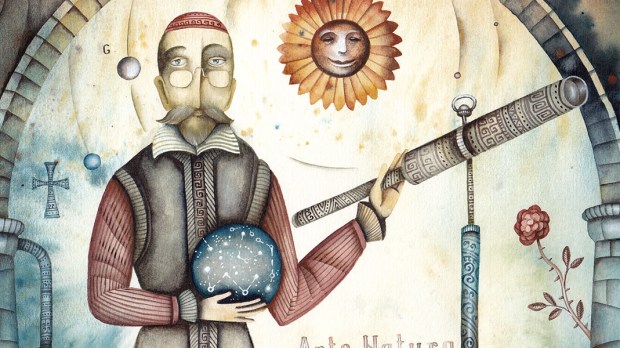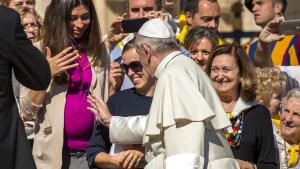For several centuries, there’s been a perceived rift between faith and science. While it is true that certain religious communities are wary of scientific findings (they might think they contradict biblical truths), that is not the case of the Catholic Church.
Pope Francis noted the alliance of the Church and science in an address September 10, 2022, to the Pontifical Academy of Sciences.
“I would like to answer a question that not a few people are asking,” the pope said at the beginning of his address: “Why did the popes, beginning in 1603, wish to have an Academy of Sciences?”
“As far as I am aware,” he added, “no other religious institution has such an academy, and many religious leaders have expressed an interest in establishing one.”
The pope noted:
The Church embraces and encourages a passion for scientific research as an expression of love for the truth and for knowledge about the world on both the macro and microcosmic levels, and about life in all its symphonic splendour.
St. Thomas Aquinas states that ‘the end of the whole universe is truth’ (Summa contra Gentiles, I,1 ).
As part of this universe, we ourselves have a unique responsibility, which stems from our ability to wonder and ask ‘why?’ when faced with reality as it is.
Ally of scientists
The pope went on to discuss various particulars of the Academy’s studies in our current times.
At the end of his address, he reaffirmed again the Church’s support for scientific progress.
Dear Members of the Academy, dear friends, I encourage you to continue working for truth, freedom, dialogue, justice and peace. Today more than ever – also thanks to you! – the Catholic Church is an ally of scientists who follow this aspiration.
Scientists do not create the world
As Pope Francis noted, this alliance between faith and science, in a common search for truth, has been protected and promoted by the popes.
In a speech to the same academy in 2010, Benedict XVI affirmed the Church’s esteem and support for scientific research.
To his encouragement, he added another thought:
Scientists do not create the world; they learn about it and attempt to imitate it, following the laws and intelligibility that nature manifests to us. The scientist’s experience as a human being is therefore that of perceiving a constant, a law, a logos that he has not created but that he has instead observed: in fact, it leads us to admit the existence of an all-powerful Reason, which is other than that of man, and which sustains the world. This is the meeting point between the natural sciences and religion. As a result, science becomes a place of dialogue, a meeting between man and nature and, potentially, even between man and his Creator.




